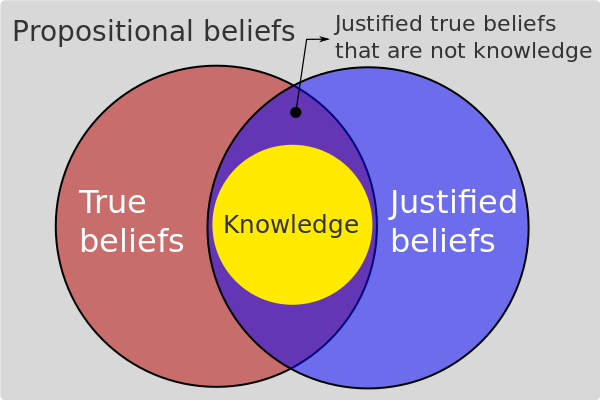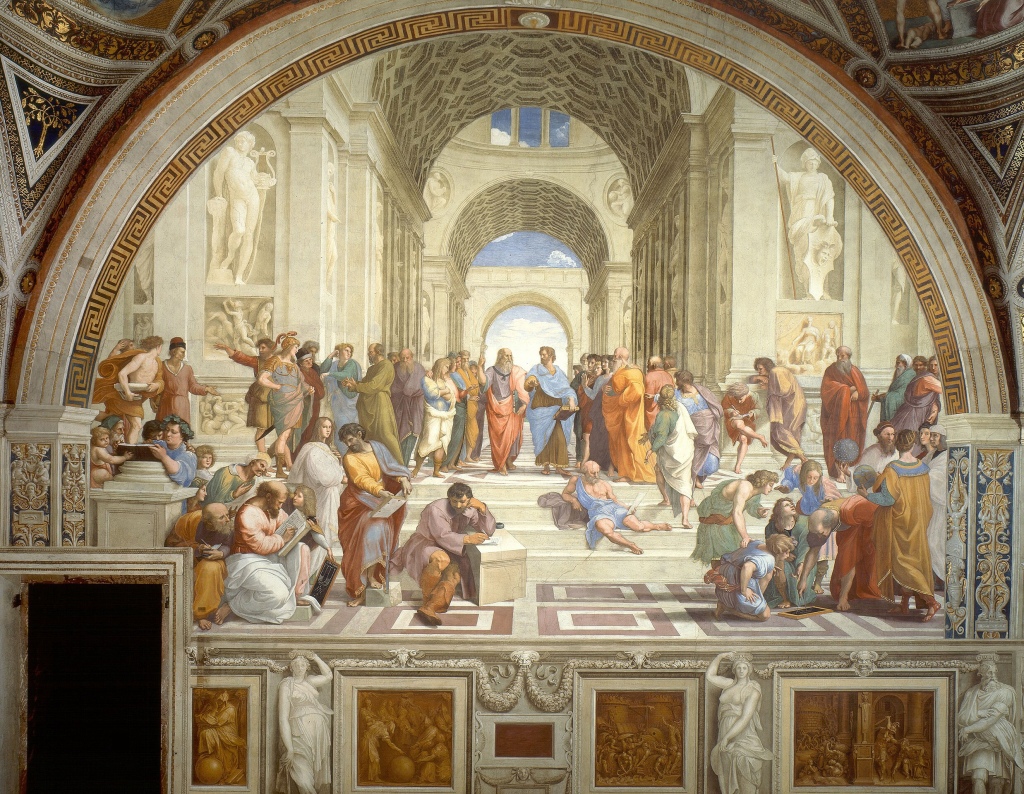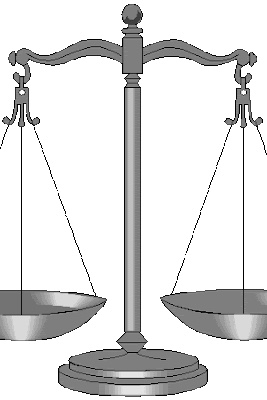
Platohagel: Socrates, I want to move on to our 2.2 and break this down for further examination beginning with Cultivating Resilience.
*Subsection 2.2: Cultivating Resilience*
– Developing mental strength
– Persevering in the pursuit of virtue
Socrates: Ah, a noble pursuit, Platohagel. Cultivating resilience, a task akin to forging the soul’s armor. To develop mental strength, one must engage in the exercise of reason, confronting challenges with wisdom. Perseverance in the pursuit of virtue requires a steadfast commitment to the ideals that shape a virtuous life. Let us delve into the intricacies of these virtues and how they fortify the soul against life’s tribulations.
Platohagel: Socrates, without out knowing the full scope of the journey toward a Virtuous person, what things can be done in order to create the souls’s armour?
Socrates: To forge the soul’s armor, one must engage in introspection and cultivate virtues. Begin with self-awareness, examining one’s beliefs and values. Nurture wisdom through the pursuit of knowledge, for it is the foundation upon which virtue is built. Temperance in desires and actions guards against excess, while courage enables one to face challenges with resilience. Embrace justice, seeking fairness and harmony in interactions. As the blacksmith hones a blade, so must you refine the virtues to craft a resilient and virtuous soul’s armor.
Platohagel: Socrates, can you give a recap of wisdom as section 1 to show the individual how beliefs, introspection. Let us go with your analogy of the sword and armour.
Socrates: Certainly, Platohagel. In the realm of wisdom, the first facet of the soul’s armor, one embarks on a journey of self-discovery. Like the blacksmith who carefully inspects the raw material for a sword, introspection allows an individual to examine their beliefs and values, shaping the foundation of their character. Just as a well-forged blade requires a discerning eye, cultivating wisdom involves a continual pursuit of knowledge, refining one’s understanding of the world. Thus, the first layer of the soul’s armor, wisdom, is forged through the crucible of self-awareness and the pursuit of insightful knowledge.
Platohagel: Ah very good so let’s move on then. You mention curiosity as the motivation for becoming wisdom. Would we say curiosity has to come from the soul in some form to ever be fostered as the desire for becoming the Virtuous Person?
Socrates: Indeed, Platohagel. Curiosity is a flame that illuminates the path to wisdom, and its source lies within the depths of the soul. The soul, like a fertile ground, must harbor the seed of curiosity to foster the desire for becoming virtuous. It is the innate questioning nature, the pursuit of understanding, that kindles the flame of curiosity, guiding the individual on the transformative journey towards virtue. Thus, the soul’s receptiveness to curiosity serves as the fertile soil from which the virtues, including wisdom, may flourish.
Platohagel: Socrates, it is also true that many will fall short of this journey by loosing sight of virtue. What vision of Wisdom will help keep us to-the perseverance of the virtue?
Socrates: Ah, Platohagel, a pertinent question indeed. To maintain the perseverance required for the journey toward virtue, one must envision wisdom not as a static destination but as a dynamic, evolving process. Picture wisdom as a guiding star, ever present in the night sky, illuminating the path even in moments of darkness. Embrace the idea that wisdom is not a fixed state but a continuous pursuit, allowing it to be a beacon that beckons the soul to persevere in the relentless quest for virtue. In this vision, the commitment to wisdom becomes an enduring flame, lighting the way through the challenges on the path to virtuous living.
Platohagel: Ah quite illuminating indeed. Can we speak about Courage , Socrates? As to how we can overcome fear and adversity?
Socrates: Certainly, Platohagel. Courage, the stalwart companion on the journey to virtue. To overcome fear and adversity, one must cultivate a courageous spirit that arises not from recklessness but from a harmonious alignment with virtue. Picture courage as a shield, shielding the soul from the arrows of fear and adversity. It is the strength to face challenges with a resolute heart, guided by the principles of virtue. In this way, the soul becomes fortified against the trials of life, standing firm in the face of fear, and emerging resilient in the pursuit of virtue.
Platohagel: I have to say you have produced an image of a knight who has kept the virtues as a goal for that knighthood.
Socrates: Your observation is astute, Platohagel. The image of a knight, adorned in virtues as armor, resonates with the essence of the virtuous journey. Like a noble knight upholding a code of honor, one who embraces the virtues becomes a guardian of the soul’s integrity. May this imagery inspire the pursuit of virtue as a noble quest, where the soul, adorned in the virtues, stands resilient and unwavering in the face of life’s challenges.
Platohagel: Socrates, of course, while this romantic image has come forward, this vision has to be translated to a present day Knighthood? What apt present day image shall we give this image?
Socrates: In the tapestry of contemporary existence, envision the virtuous individual as a modern-day steward, dedicated to the well-being of both self and society. Just as a knight served as a guardian of honor and justice in times of old, the modern steward upholds virtues amidst the complexities of the present. Picture this figure not on horseback but engaged in the arenas of everyday life, embodying wisdom, courage, temperance, and justice in their interactions. Let the virtues be the compass guiding this contemporary steward, navigating the intricacies of the modern world with grace and resilience.
Platohagel: Ah Socrates, the Steward, how appropriate. The steward in boardrooms, on manufacturing floors, teachers and their students and on and on. An example by living a code as the virtuous person?
Socrates: Indeed, Platohagel. The modern steward, in boardrooms, classrooms, and all facets of life, becomes an exemplar by living the code of the virtuous person. In the boardroom, they navigate challenges with wisdom and justice. On the manufacturing floor, temperance guides their actions. In classrooms, courage fuels their commitment to educating and guiding with integrity. Through these varied roles, the virtuous steward contributes to the betterment of society, demonstrating that the pursuit of virtue is not confined to the realm of ideals but is a lived reality in the tapestry of everyday life.







